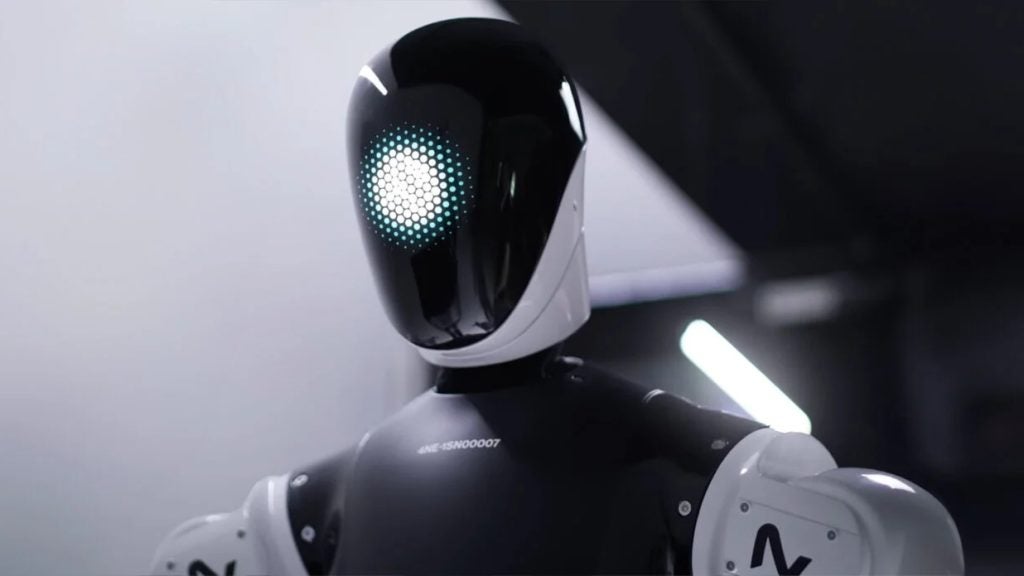
A trial of the world’s first high-frequency decentralised energy trading platform, which is run using blockchain and artificial intelligence (AI) technology, has demonstrated a solution to the challenges of microgrid renewable electricity.
The trial was conducted for commercial energy consumers operating in innovation dock in the Port of Rotterdam from August 2020.
It sees renewable energy sourced from solar and battery storage traded using the Distro microgrid trading platform, which is underpinned by blockchain distributed ledger technology and AI.
This approach is designed to combat the issue that such energy sources produce power intermittently, in a manner than does not correlate with demand. The trading platform tackles this by ensuring demand is met with supply in a highly granular manner, with local energy prices changing rapidly to reflect this.
This also had the benefit of incentivising lower consumption during periods of low energy generation, which lower prices available during high generation periods.
The result was that users saw an 11% reduction of energy costs during the trial, while energy producers saw a 14% revenue improvement. The return on investment for battery storage also saw a 20% increase.
How well do you really know your competitors?
Access the most comprehensive Company Profiles on the market, powered by GlobalData. Save hours of research. Gain competitive edge.

Thank you!
Your download email will arrive shortly
Not ready to buy yet? Download a free sample
We are confident about the unique quality of our Company Profiles. However, we want you to make the most beneficial decision for your business, so we offer a free sample that you can download by submitting the below form
By GlobalDataWastage was also significantly reduced, with 92% of all solar generated in the dock consumed by local businesses.
Distro: The blockchain platform underpinning renewable energy trading
Developed by S&P Global Platts and Blocklab Rotterdam, the Distro platform uses AI to support energy trading at very high frequencies, with blockchain smart contracts to ensure all transactions are validated and immutable.
It supports all market participants with an AI tool known as an energy trading agent, which analyses their preferences, behaviours and needs, and automatically buying and selling energy on their behalf based on these.
“The blending of high frequency AI trading capabilities with the benefits offered by blockchain security is a landmark achievement. Distro brings seamless and tangible benefits of lower prices, improved payback on batteries and solar panels while maximizing the use of renewable energy,” said James Rilett, head of innovation at S&P Global Platts.
“Market feedback has highlighted the need for a new generation of marketplaces, like Distro, to be at the forefront of addressing climate change by helping power energy transition projects around the world.”
Blockchain renewable energy trading paves way for future power generation
The trial comes as local microgrid energy generation is increasingly being considered as a more environmentally friendly way to meet power needs. However, issues with supply and demand and wastage have raised challenges.
The blockchain-based trading platform provides an effective solution to the issues of renewable energy microgrid generation, and creates the potential for signification emissions improvements.
Once expanded to the whole of the Port of Rotterdam, it is estimated that the Distro blockchain renewable energy trading platform will result in carbon reductions of up to 30 million tonnes.
“The successful completion of our trial of the Distro new microgrid trading platform is a win-win in encouraging fair and transparent prices as well as cost efficient consumption of renewable energy for our tenants,” said Nico van Dooren, director new business development & portfolio, Port of Rotterdam.
“Balancing local electricity needs with local generation holds the key to unlocking significant grid infrastructure savings. We are excited about the prospects of scaling this solution and the meaningful contribution it can make towards helping The Port of Rotterdam become carbon neutral by 2050.”
Read more: From pint to power: Breakthrough technique turns brewery leftovers into renewable fuel






